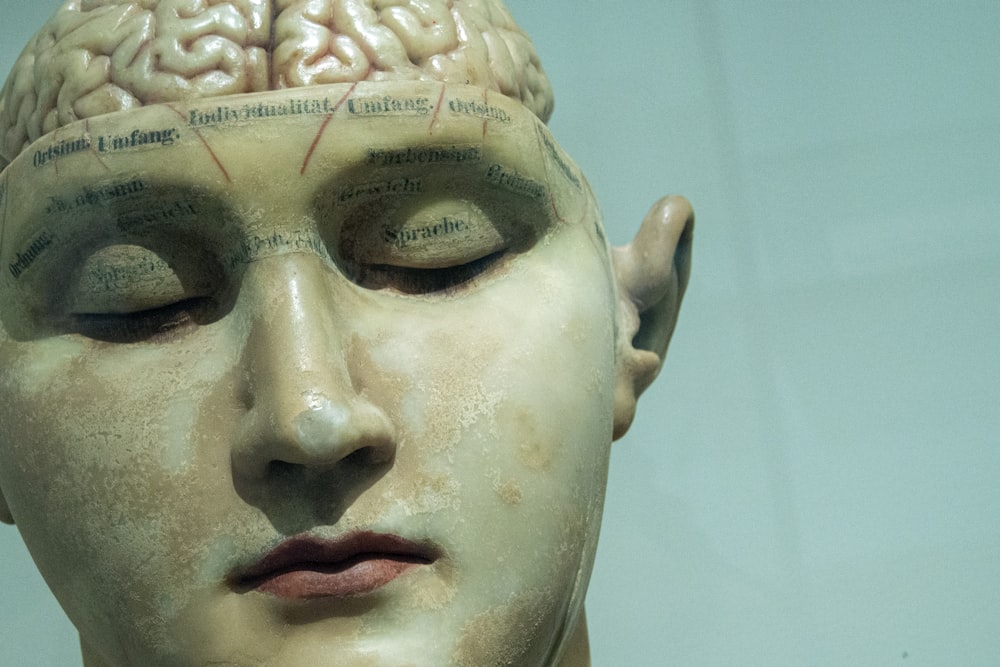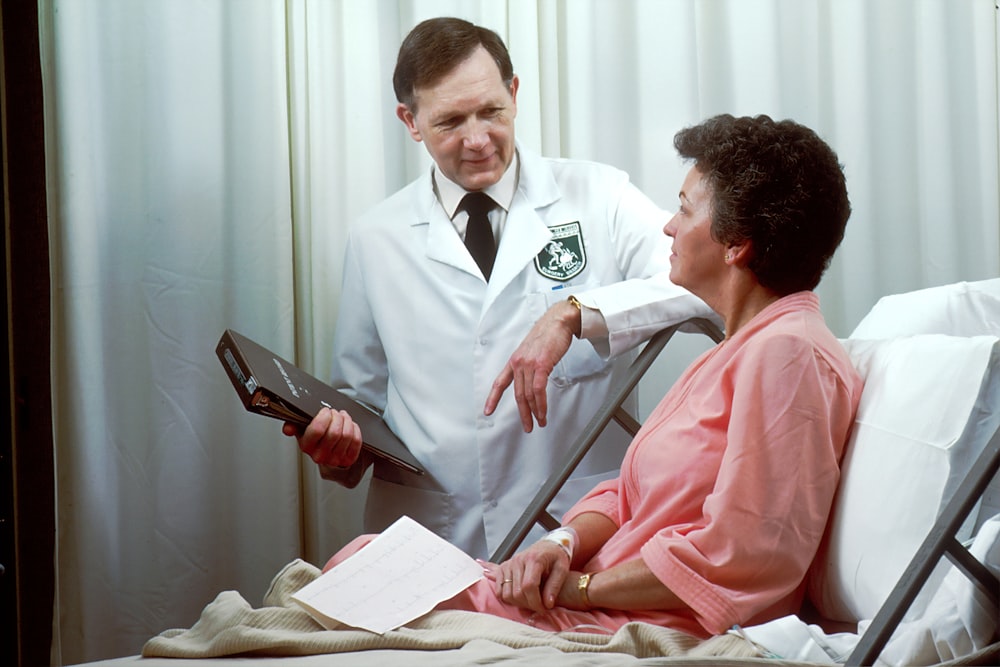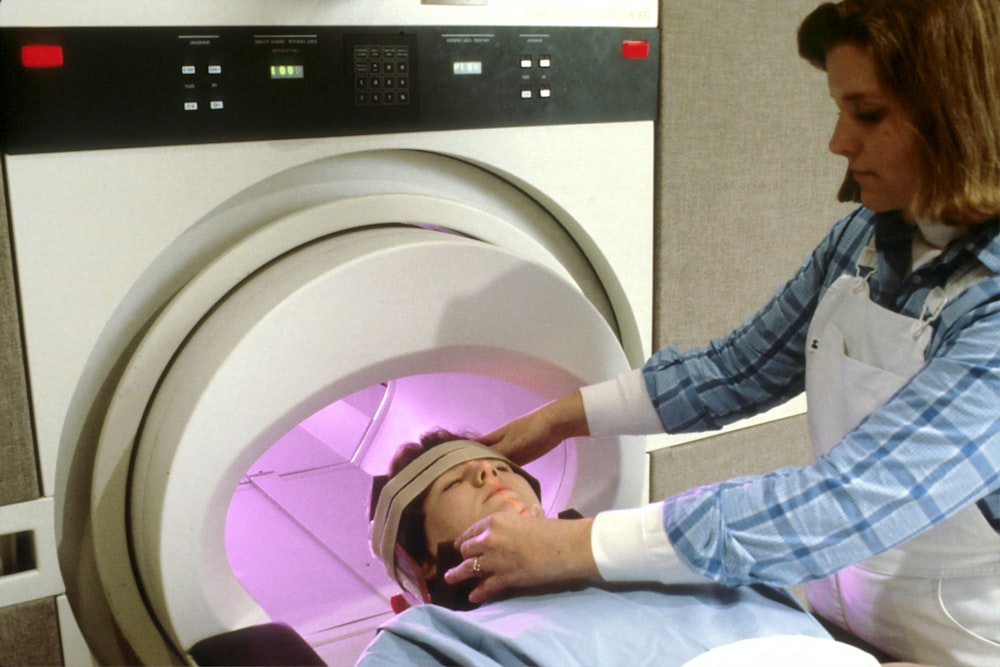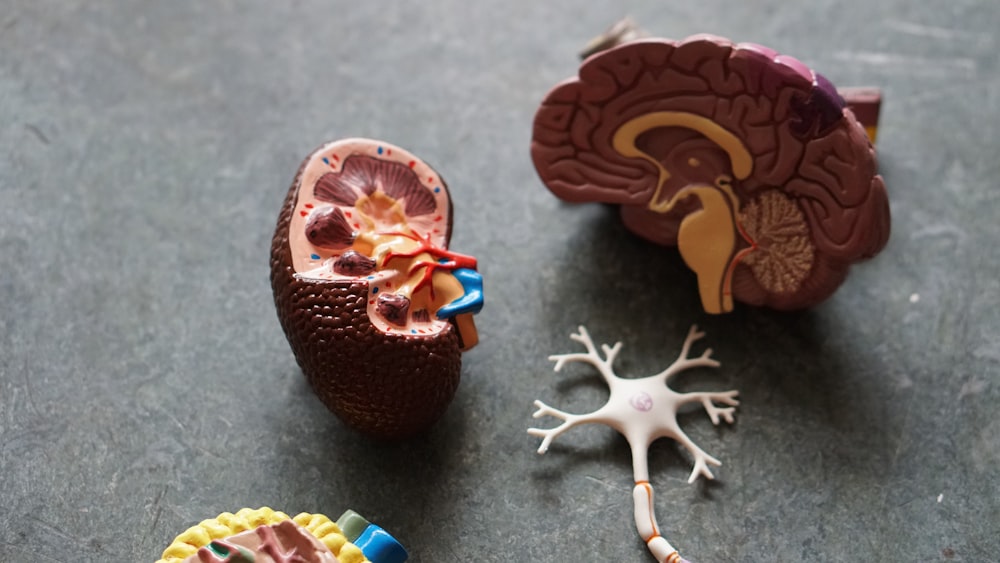What you need to know about Dementia

Statistics say that the population of Canadians aged 65 and older is steadily increasing. Along with it is the rise and prevalence of dementia, which doubles in every five years. In Ontario alone, the government estimates that about 200,000 individuals in Ontario currently live and suffer from dementia.
From what we know, this neurocognitive condition mainly affects older individuals. But, it is important to know that dementia is not a normal part of ageing. Furthermore, the Alzheimer's Association estimates that by 2050, the number of individuals aged 65 and above with dementia of the Alzheimer's type may grow even more, up to 13.8 million. With these figures, gathered by researchers, government agencies, and healthcare providers, it sounds just about the right time to learn about this progressive deterioration in cognitive function.
SO, WHAT IS DEMENTIA?
Dementia, defined by the World Health Organization (WHO), is usually a chronic and progressive impairment of cognitive function. It is not a disease but a syndrome and an umbrella term for conditions characterized by memory impairment accompanied by other memory-related and personality changes in the setting of full consciousness.
Now, you might be asking, why is it dubbed as a neurocognitive disorder?
It can sound overwhelming but neurocognitive means that it affects the nervous system, especially its cognitive aspect. In other words, dementia involves cognition, including loss of thinking ability, memory, and different mental abilities. In most cases, consciousness is not affected, but instead, it impairs orientation, calculation, comprehension, memory, learning capacity, thinking, judgement, and often, language processes.
DEMENTIA IN BIG PICTURE
Worldwide, approximately 50 million are affected with dementia, with around 60% residence in low to middle-income nations. Each year, there are about 10 million newly diagnosed individuals.
The gross number of people with dementia projects will attain 82 million in 2030 and 152 in 2050.
The community of Canadians age 65 and older is increasing; thus, so is the number of people living with dementia. The prevalence of dementia is more than doubles every five years for Canadians aged 65 and older, about 25% for those 85 and older.
Alzheimer's disease is the most prevalent cause of dementia. Over 60% of people with dementia have Alzheimer's.
WHAT CAUSES DEMENTIA?
The most common causes of dementia include:
- Degenerative neurological diseases. These include Alzheimer's disease (60%).
- Movement disorders - Parkinson's disease, Huntington's disease
- Vascular and autoimmune diseases. These conditions affect the blood circulation in the brain.
- Endocrine disorders like thyroid disorders
- Metabolic and vitamins deficiencies
- Traumatic brain/head injuries caused by vehicular accidents, falls, sports injuries, concussions.
- Infections of the central nervous system: meningitis, HIV, and Creutzfeldt-Jakob disease.
- Toxic -Long-time alcohol or drug use, carbon monoxide
- Mass lesions and certain types of hydrocephalus (buildup of fluid in the brain)
WHO ARE AT RISK?
- Family History (Dementia run in your family)
- Increasing age
- Late-onset depression
- Down syndrome
- History of head injury
- HIV/AIDS
- Generalized atherosclerosis
- Parkinson's disease
- Aboriginal and Torres Strait Islander people
- Smoking, heavy alcohol use, low diet, and lack of exercise
WHAT ARE THE SIGNS AND SYMPTOMS OF DEMENTIA?
Many people with dementia have trouble thinking and remembering, which affects their ability to survive their daily lives. These are some alarming signs:
- Short-term memory troubles, like forgetting where you put your keys, money or asking the same question over and over again.
- Communication difficulties: Not being able to come up with a word.
- The trouble with complex but familiar tasks, like arranging a dinner or paying bills.
- Personality and behavioural alterations. For instance, depression, agitation, paranoia, and mood swings.
WHAT ARE THE STAGES?
Dementia can be categorized into two groups based on which component of the brain is affected.
- Cortical dementias – It happens because of problems in the cerebral cortex, the brain's outer layer. They play a crucial role in memory and language. People with this type of dementia have severe memory loss or impairment and difficulty recalling words or understanding speech. Alzheimer's and Creutzfeldt-Jakob disease are two kinds of cortical dementia.
- Subcortical dementias – This occurs because of problems in the parts of the brain beneath the cortex. People with subcortical dementias show changes in their quickness of thinking and ability to start activities. People with subcortical dementia don't experience forgetfulness and speech issues. Parkinson's, Huntington's disease and HIV can cause subcortical dementia.
Some dementia affects both parts of the brain.
Depending on the site of the brain that's affected, patients may experience these stages:
- No impairment – Absence of symptoms, but tests may reveal a threat.
- Very mild decline – You may notice slight changes in behaviour and independence.
- Mild decline – You'll notice severe impairment in thinking and reasoning. Such as difficulty in making plans, and they may repeat themselves a lot. They may also have a hard time recalling recent incidents.
- Moderate decline – More difficulties with making plans and remembering recent incidents. They may experience a tough time travelling and dealing with money.
- Moderately severe decline – They may not be able to memorize their phone number. They may be frightened about the time of the day. At this point, they'll need support with some necessary day-to-day functions.
- Severe decline – Slowly, they will forget the name of their partner. They'll need assistance going to the restroom etc. You may also see alterations in their personality and emotions.
- Very severe decline –They can no longer speak thoughts. They can't step and will spend time in bed.
HOW DO DOCTORS DIAGNOSE DEMENTIA?
Confirming the diagnosis as dementia and its type can be challenging. People have dementia when they have cognitive impairment and lose their ability to perform day-to-day operations like paying bills and driving safely.
To diagnose dementia, the doctor must understand and recognize the pattern of the loss of skills, function and specify what a person is still capable of doing.
Nowadays, biomarkers make a more accurate diagnosis of Alzheimer's disease.
Dementia can't be diagnosed from a single test. Hence, doctors are likely to run several tests and investigations to identify the problem.
Cognitive and neuropsychological tests
Medical professionals will evaluate your cognitive/ thinking function. Tests will measure thinking skills, such as memory, orientation, reasoning and judgment, speech, and attention.
Neurological evaluation
Doctors analyze your memory, language, visual perception, attention, problem-solving, movement, senses, balance, reflexes and other areas.
Brain scans
CT / MRI. These scans can investigate for evidence of stroke, bleeding, tumour or hydrocephalus.
PET scans: To see brain activity patterns and whether the amyloid protein, a hallmark of Alzheimer's disease, has been deposited in the brain.
Laboratory tests
Blood tests can detect physical problems that can influence brain function, such as vitamin B-12 deficiency or an underactive thyroid gland. Sometimes the cerebral spinal fluid is examined for infection, inflammation or markers of some degenerative diseases.
IS THE EVIDENCE ENOUGH FOR DIAGNOSIS?
The manual and criteria for dementia of Alzheimer type, as indicated by top researchers and physicians, states that:
Diagnosis of dementia requires evidence of;
A1- Decline in memory and learning.
A2- At least one of the following cognitive disturbances
- Language = aphasia
- Motor action
- Recognition
- Organizing
B – Disturbance significantly interferes with social and work function
C – Gradually decline of cognitive function
D – Not due to known organic causes ( drugs)
E – Not due to delirium
F – Not due to major depression
HOW TO TREAT AND MANAGE DEMENTIA?
Currently, there is no cure for dementia. Medications can only relieve symptoms. It's necessary to treat the patient with tender, love and care.
It's crucial to support and educate both patients and family. People with dementia tend to manage much better in their own home's familiar surroundings, preventing behaviour disturbance.
Several dementia symptoms and behaviour problems might treat initially using non-drug approaches, such as:
Occupational therapy
An occupational therapist can guide you to make your home safer and educate coping behaviours. The main goal is to prevent accidents, such as falls; manage behaviour, and prepare you for the dementia progression.
Improving the environment
Reducing chaos and noise can make it easier for dementia to concentrate and function.
Simplifying tasks
Break tasks into more manageable steps and focus on accomplishments. Structure and routine also help to reduce difficulty in people with dementia.
Particular attention should be paid to organizing memory aids such as lists, routine and medication, hygiene, diet and warmth.
WHAT ARE THE ASSOCIATED PROBLEMS WITH DEMENTIA?
The behavioural and neuropsychiatric problems are a significant management issue. Depression can occur early in dementia and require invention.
Demented patients are vulnerable to superimposed delirium, which is often due to;
- Urinary tract infection
- Other febrile illness
- Prescribed medication
- Drug withdrawal
WHAT ARE THE COMPLICATIONS RELATED TO DEMENTIA?
Dementia can lead to:
- Poor nourishment. People with dementia slowly reduce or stop eating, affecting their nutrient intake and difficulty swallowing.
- Pneumonia. Difficulty swallowing leads to a high risk of choking or aspirating food into the lungs, preventing breathing and causing aspiration pneumonia.
- Inability to perform self-care duties. As it progresses, it can interfere with bathing, dressing, brushing teeth, using the toilet independently.
- Personal safety challenges. Some day-to-day incidents can present safety problems. Including driving, cooking and walking alone.
- Death. Severe dementia results in coma and death, often from an infection.
HOW DOES DEMENTIA IMPACT FAMILIES AND HEALTH CARE PROVIDERS?
Dementia can be overwhelming for the majority of the families of affected people and their carers. Physical, emotional and economic pressures can cause significant stress to families and caregivers. Support from the health, social, financial and legal systems is essential.
Dementia is one of the notable causes of disability and dependency among the elderly worldwide. It can be irresistible, not only for the people who have it and for their carers and families. There is often a lack of knowledge and awareness of dementia, resulting in stigmatization and barriers to diagnosis and care.
ANY PREVENTION STRATEGIES FOR DEMENTIA?
Yes, based on research work, the program below suggests and develops great results for wellbeing.
- Healthy blood pressure – 'a healthy heart means a healthy brain' – the most substantial evidence for dementia prevention.
- The three keys:
- Physical: walking 30 minutes to an hour 3-4 times a week, strength exercises, balance and strength exercise- reportedly known to enhance brain cell growth, brain cell interconnection.
- Mentally stimulating activities
- Involvement of social activities in the company that are both fun and rewarding.
- Alcohol control
- Diet – The Mediterranean in style.






